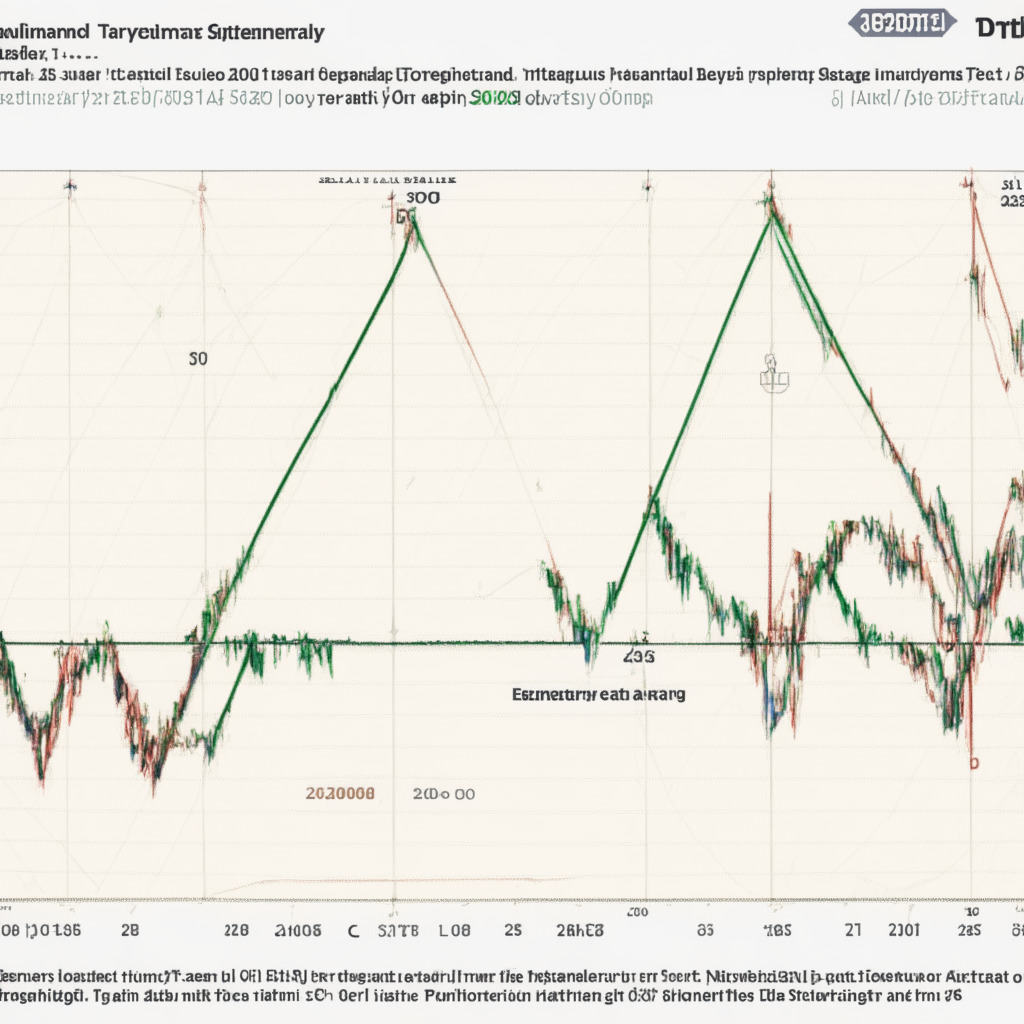Bitcoin and US stock prices experienced a slight uptick on Friday, as whispers of the impending closure of a highly anticipated debt ceiling deal began to circulate. Market participants have been eagerly waiting for further developments on this front, as the potential deal could have notable implications for various asset classes, including Bitcoin and other cryptocurrencies.
The prospect of a conclusive debt ceiling deal could serve as a catalyst for growth in both Bitcoin and traditional assets such as stocks. If the debt ceiling is effectively raised, it could not only avert a government shutdown but also ensure smooth operations for essential public services, thereby strengthening confidence in the markets.
On the other side of the coin, the uncertainty surrounding the debt ceiling deal has cast a shadow over the cryptocurrency market, leaving some investors questioning their investments’ future prospects. A prolonged debt ceiling crisis could potentially lead to a worsening economic outlook, which might undermine Bitcoin and other digital assets as alternative investments. Furthermore, the lack of clarity on the regulatory front for cryptocurrencies has not helped assuage the anxiety of concerned investors.
However, despite the skepticism, others believe that the ongoing debt ceiling situation may highlight the advantages of cryptocurrencies over traditional financial systems. The ability of cryptocurrencies to operate outside of the fiat currency system, combined with their decentralized nature, could provide investors with a more stable and secure alternative to traditional assets.
Another point in favor of cryptocurrencies is the growing interest and involvement of institutional investors. Increased participation from established financial players could boost the legitimacy and overall market presence of cryptocurrencies like Bitcoin. Additionally, with increased adoption comes potential improvements in the technology and underlying infrastructure that supports Bitcoin and other digital assets, which could offer more robust solutions to the market.
While it is clear that the debt ceiling deal’s eventual outcome could hold significant ramifications for the cryptocurrency market, it is essential to consider the wider market trends at play. With institutional adoption on the rise and technological advancements continuing to emerge, cryptocurrencies may be well-positioned to weather any political storms.
To sum up, the anticipated closure of the debt ceiling deal has been greeted with a mixture of optimism and caution by market participants, resulting in a mild increase in Bitcoin and US stock prices for now. The deal’s outcome could highlight the value proposition of cryptocurrencies as a secure alternative to traditional markets. That said, the market will need to remain on guard for any unforeseen developments that could impact the trajectory of digital assets. Irrespective of this temporary hurdle, the broader trends in institutional adoption and technological innovation suggest a bright future for cryptocurrencies like Bitcoin.
Source: Coingape




